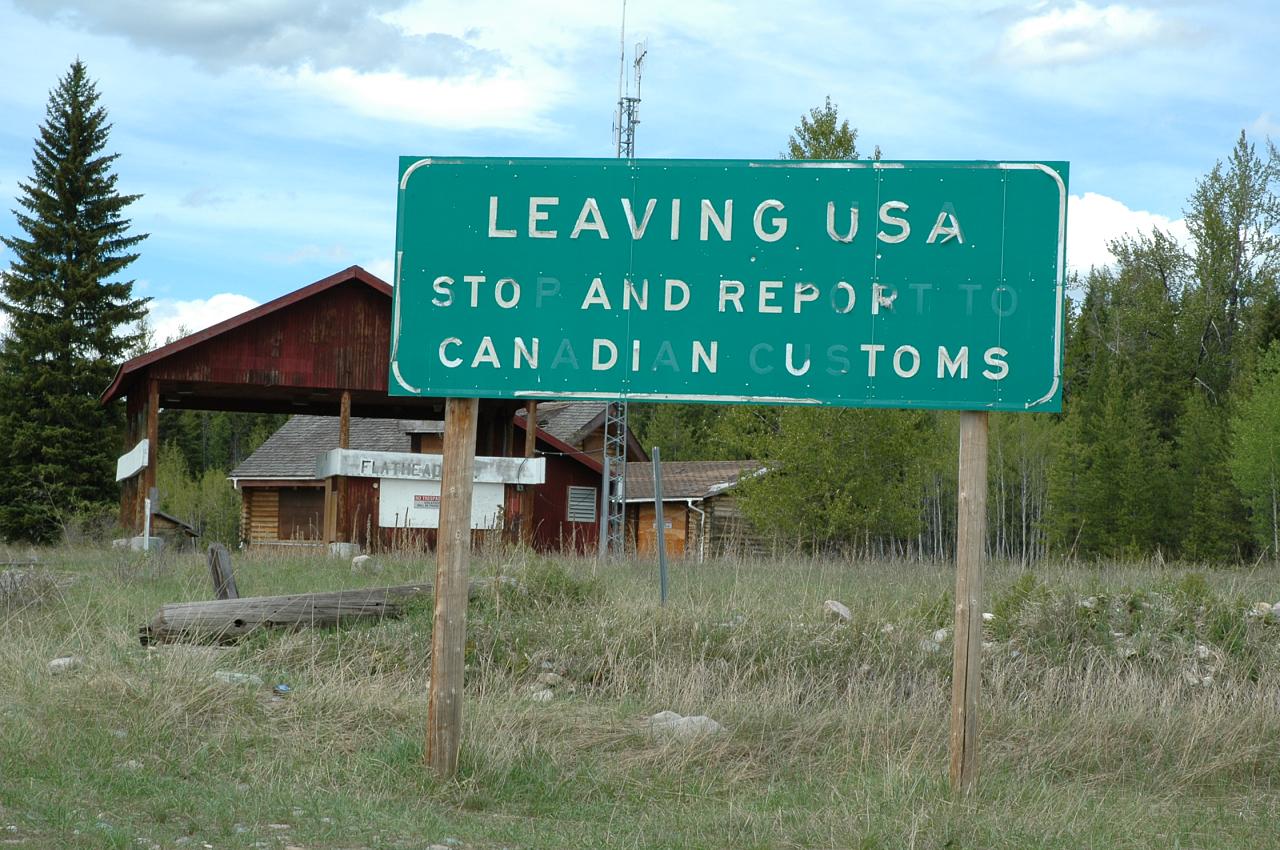In a world where data now moves effortlessly between computers on the Internet without regard for geographic borders, is the appearance of a website on a computer screen sufficient for a court to claim that a trademark has been used in the country? Is the use of a computer server enough to assert jurisdiction over a non-resident? My weekly technology law column (Toronto Star version, homepage version) notes that two recent cross-border cases – one Canadian and one U.S. which both pitted a U.S. company against a Canadian individual – found that it is.
The Canadian case involved a trade-mark dispute over the mark VRBO. Martin Hrdlicka, a Toronto resident, registered the mark in Canada in 2009. Just over a year later, Homeaway.com, a U.S. company that owns the popular VRBO.com site, sought to expunge the trade-mark on the grounds that Hrdlicka was not entitled to register the mark and had no intent to use it.
Homeaway.com’s legal challenge was that the company had no operations in Canada, though many Canadians may have accessed its U.S.-based website. Trade-mark law requires some use of the mark in Canada, yet the “use” in this case was largely confined to the availability of the VRBO website on computer screens.







